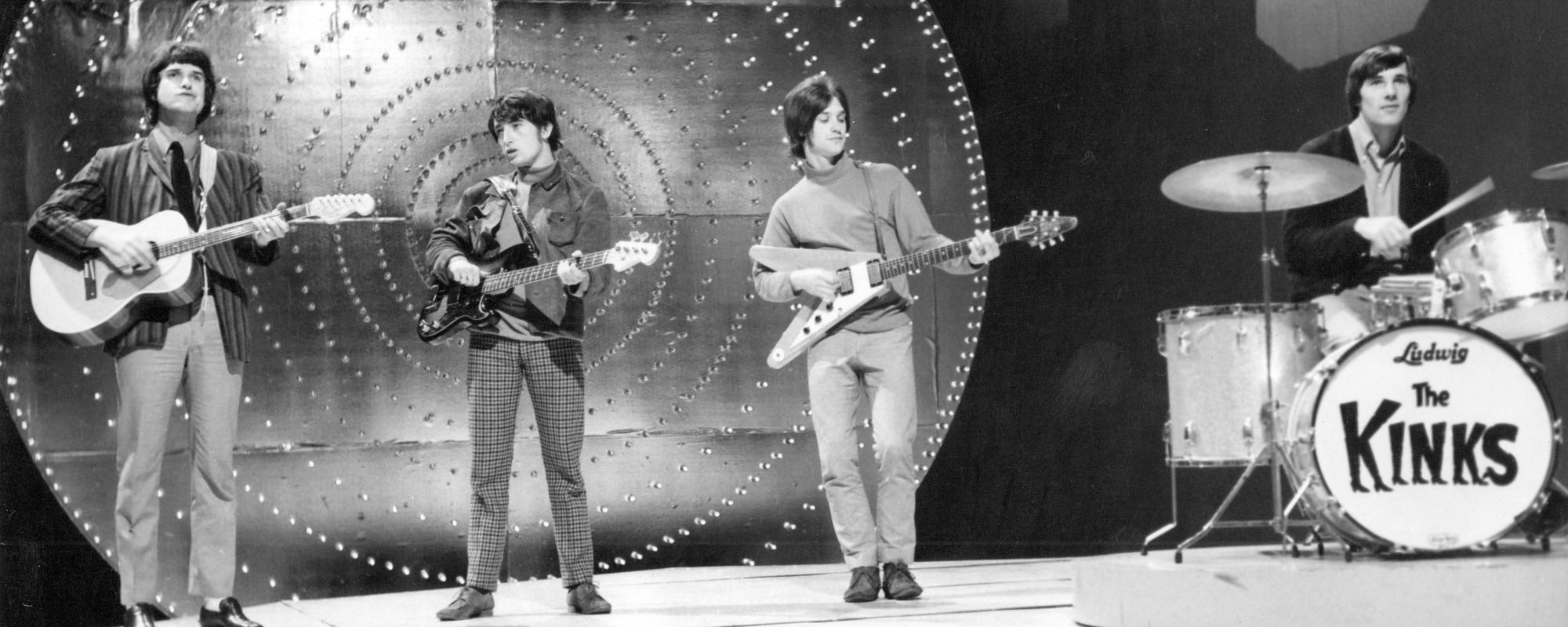Many people during the 2020 COVID-19 pandemic found themselves looking for something—anything—to watch during the ensuing lockdown. Any show or movie would do to distract them from the world seemingly crumbling outside their door.
Videos by American Songwriter
But when many stumbled upon the 2020 HBO musical documentary about the Bee Gees, How Can You Mend a Broken Heart, they were pleasantly surprised. The trio of disco brothers made waves for decades in the world of popular music and their story is rich with rises, falls, and achieving new heights. The documentary was a gift to music fans young and old.
The name of the group, however, wasn’t exactly highlighted in the movie, though. So, here, we thought we would dive into the history of the band’s quirky, memorable moniker. Without further ado, let’s dive right into the history and meaning of the band name, Bee Gees.
Origins, Meaning, and Retiring the Name
Band Origins
Formed formally in 1958 in Australia, the partnership between the three brothers known as the Bee Gees began first in the 1940s in England.
Comprised of brethren Barry, Robin, and Maurice Gibb, the three earned great heights of fame and acclaim in the 1960s and 1970s, especially during the disco craze in the late ’70s. With tasty three-part harmonies that became even more recognizable when Barry took it to a high-pitched falsetto, their songs like “Stayin’ Alive” remain ubiquitous today.
Later in their career, the trio wrote a number of hits for other artists, including Celine Dion.
Born on the Isle of Man, the brothers moved around a bit while growing up, first moving to Manchester, England, forming a band in 1955 called the Rattlesnakes. Later, the family moved to Redcliffe in Australia and Cribb Island after that.
The band’s early minor hit as the Bee Gees was “Spicks and Specks.” It was their 12th single. In 1967, they emigrated back to the United Kingdom where they began to record and earn worldwide promotion.
Their work on the 1977 soundtrack for the hit movie, Saturday Night Fever, turned them into global stars. They won five Grammy Awards, including Album of the Year. To date, they’ve sold more than 120 million albums. They were inducted into the Rock and Roll Hall of Fame in 1997. It was then that it was proclaimed only Elvis Presley, the Beatles, Michael Jackson, Garth Brooks, and Paul McCartney have sold more.
The Name
First, it was the Rattlesnakes.
The brothers formed that band in the mid-1950s with some friends and in 1957 they began to sing harmony. According to lore, they were set to lip-sync to a record in a local cinema but as they were going to the gig, the record broke and the brothers had to sing live. But they earned such a positive response for their harmonies that they decided to pursue a singing career together.
In 1958, the Rattlesnakes broke up and the Gibb brothers formed a new band, Wee Johnny Hayes and the Blue Cats. Barry was “Johnny Hayes.”
Not long after that, the brothers and the rest of their family moved from England to Australia. It was there, the trio of bros began performing to raise spending money. In 1960, they were introduced by promoter Bill Goode to Brisbane radio disc jockey Bill Gates. It was Gates who named the group “BGs,” which was later changed to “Bee Gees.” The name was in homage to his, Goode’s, and Barry Gibb’s initials. Though there has been speculation, it’s not a reference to “Brothers Gibb.”
By the mid-’60s, the band was recording what would be their first few hits before the even bigger songs would come into focus in the next decade.
Retiring the Name
Brother Maurice died suddenly in 2003 at the age of 53. Following his passing, brothers Barry and Robin retired the group’s name after 45 years of performing and recording.
In 2009, Robin announced that he and Barry decided the Bee Gees would re-form and perform again. But not long after, in 2012, Robin died at the age of 62 after a long period of poor health. Today, Barry is the sole surviving member.
But, of course, their music will always live on.
Photo by GAB Archive/Redferns













Leave a Reply
Only members can comment. Become a member. Already a member? Log in.